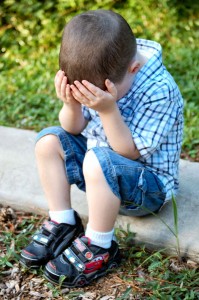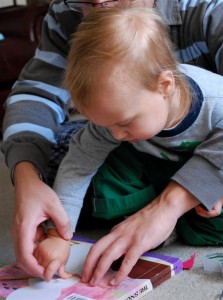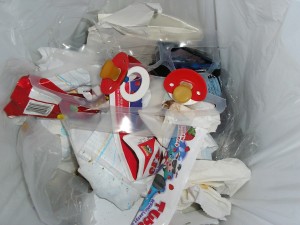Spring is finally coming! And with Spring, fresh ideas are flowing again, somewhat slowly like the sap in the trees but flowing none the less. So to kick off this spring I am going to embark on a mini series of the dangers of so called “baby training” and its effect on the parent/child attachment. This has been something that I have pondered for a while now as I consider parenting styles and how they affect the parent/child relationship. So this is my mini series introduction. Attachment is very important to me and I have seen and felt the effects of the lack of attachment in my life. The damage that it caused has been long lasting but the undoubted benefit of the experience has also reverberated through my life. I have also seen how the effects of well meaning but misguided parents who have either over-indulged and caused attachment problems or have read a book and followed some sort of baby training to the letter. I have seen first hand the difference between babies who are have been parented with attachment in mind and those who have been parented with schedule in mind.
It is not my goal to sound like I am anti-discipline. Actually it is far from it. I am all for polite, disciplined children. No one wants to live with a terror and nobody else wants to spend time with children who are undisciplined. I believe it is a disservice to a child to let them run the entire house because that is not how the world functions. But you can not schedule a child’s temperament and forced discipline is not self-discipline.
So here is the toast to a mini-series. Let’s make it a conversations.
Jasmine is a co-housing community living mama with a passion for fierce writing she blogs.
Photo from: http://www.flickr.com/photos/robthurman/4446152353/

 Let’s be honest: toddlers and young preschoolers can wear on even the most patient person’s nerves. From the constant questions (“why?” “wat dat?” “where mama go?”) to the wild mood swings and outbursts,
Let’s be honest: toddlers and young preschoolers can wear on even the most patient person’s nerves. From the constant questions (“why?” “wat dat?” “where mama go?”) to the wild mood swings and outbursts, 
 important they are to you. Give them affection without limit, without reservations, and without excuse. Pay as much attention to them as you can, regardless of mood or circumstance. Let them know you’re delighted to be with them, that you care about them no matter what happens. This basic posture is completely different from praise, which is doled out as a response to something a child does.
important they are to you. Give them affection without limit, without reservations, and without excuse. Pay as much attention to them as you can, regardless of mood or circumstance. Let them know you’re delighted to be with them, that you care about them no matter what happens. This basic posture is completely different from praise, which is doled out as a response to something a child does.

 Now imagine how you’d feel at the end of such a day. After being bossed around and having all your decisions made for you, wouldn’t you want to flex your muscles and have a say?
Now imagine how you’d feel at the end of such a day. After being bossed around and having all your decisions made for you, wouldn’t you want to flex your muscles and have a say?